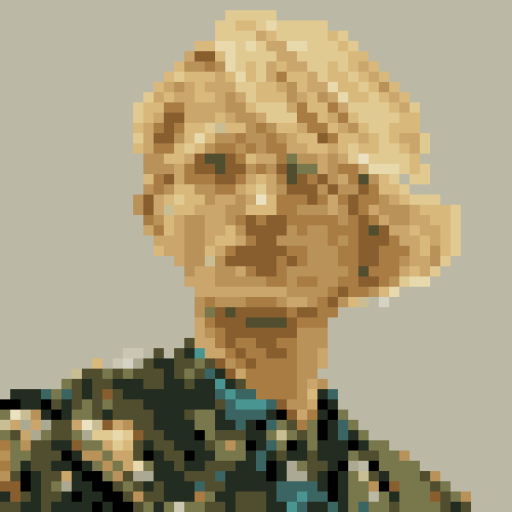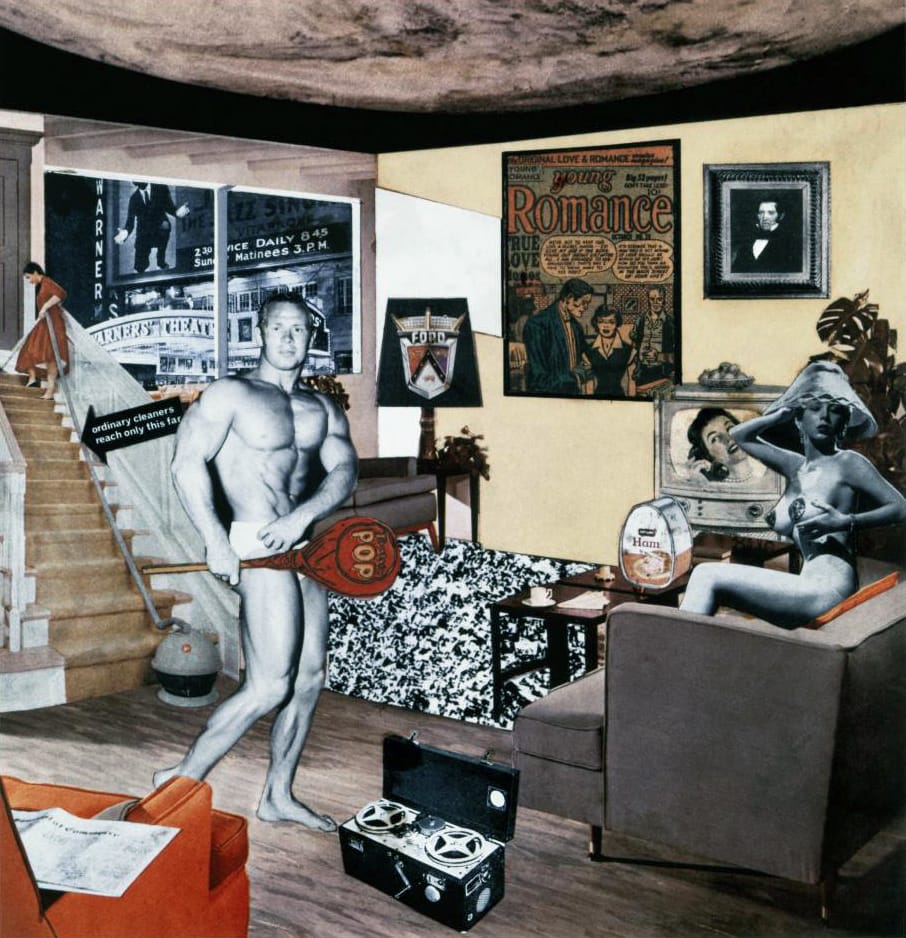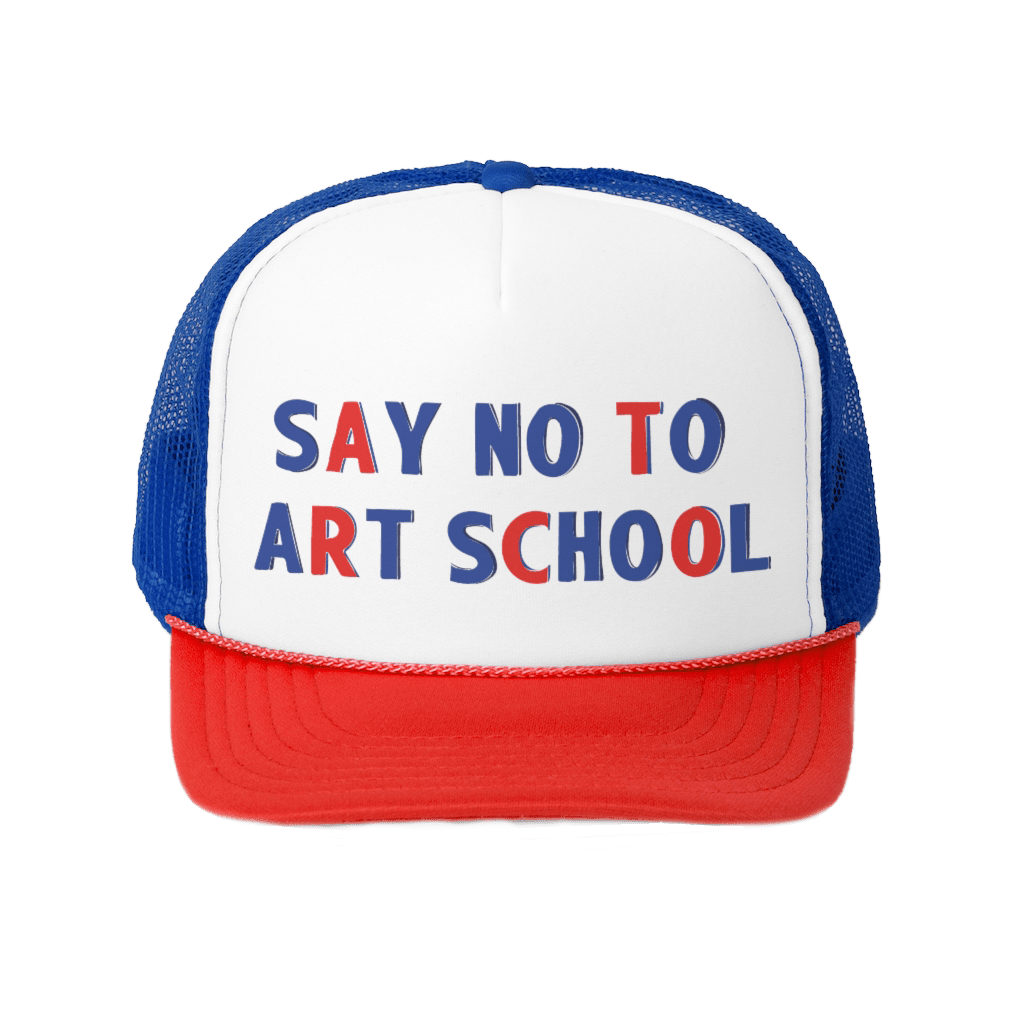Pierre d’Alancaisez is a critic, curator, and researcher working with the multiple politics of the arts. His writing has appeared in outlets such as The Critic, ArtReview, The Spectator, and Compact. In 2024, he co-founded Verdurin, a space for experimentation in aesthetics, learning, and the difficult conversations which drive today’s culture.

Pierre previously directed waterside contemporary, a gallery that tested social and political questions in the art market. He curated exhibitions with artists who included Turner Prize nominee Oreet Ashery and has commissioned works with artists such as Mirza and Butler which traveled to Artes Mundi and Sydney Biennale.
Having trained in the sciences before coming to artistic practice, Pierre also worked on cultural exchange and engagement strategies in higher education and the charity sector and has held senior positions in publishing and financial services.
recent work
The Atonement Complex

The very purpose of remembrance is to facilitate the corruption of memory. We must wary of artists offering simplistic attributions of guilt.
Fear, Loathing, and Denunciation

The events sparked by the ArtForum open letter reveal an art world whose gangrenous goings-on threaten the social order.
Benevolent Edgelords

Knee-jerk accusations of fascist thought and the refusal to embrace aesthetic ambiguity have meant that that ‘the left can’t meme’. It’s all Walter Benjamin’s fault – but artist like Joshua Citarealla and Monira Al Qadiri offer alternatives.
The Dearth of the Clinic

The Monkeypox outbreak exposes the failings of the technocratic biopolitical rule and the erosion of our ability to act as moral agents that plagued the Covid pandemic.
Say No to Art School
The art school is a special thing. It promises to take young people at the threshold of adulthood and turn them into lifelong dreamers, creators, and critical thinkers. But the art school is also big business, intimately involved in reproducing neoliberalism and its subjects. For many graduates, art school is the first step in a career of fierce competition, low earnings, and horrific work conditions. What can we do about this?
Join my newsletter
If you’re enjoying my work, sign up for occasional updates.






